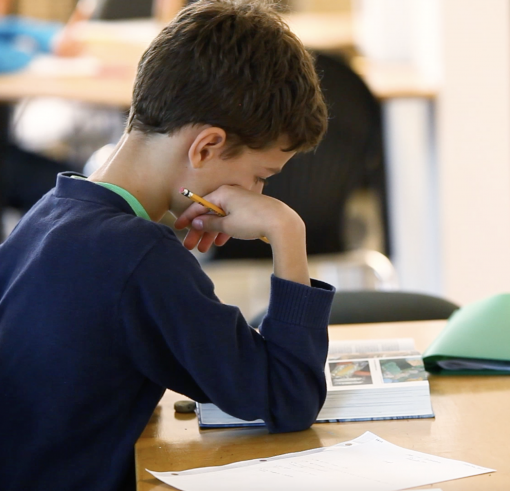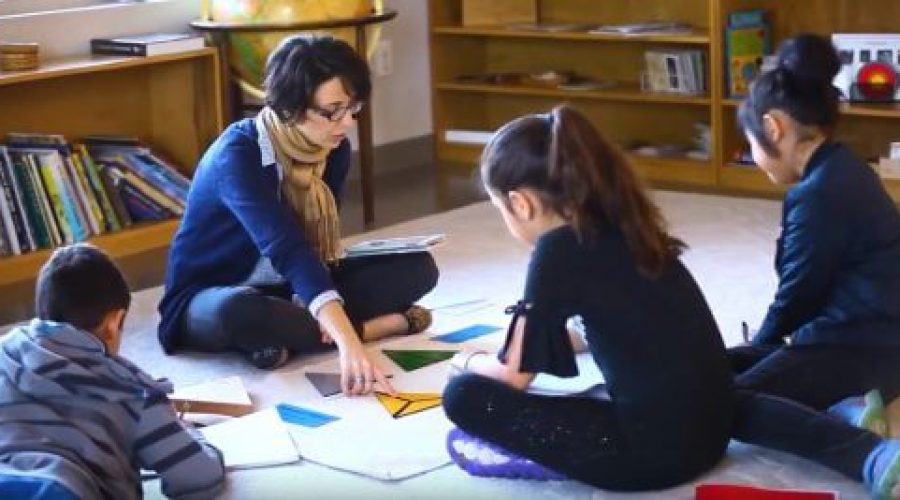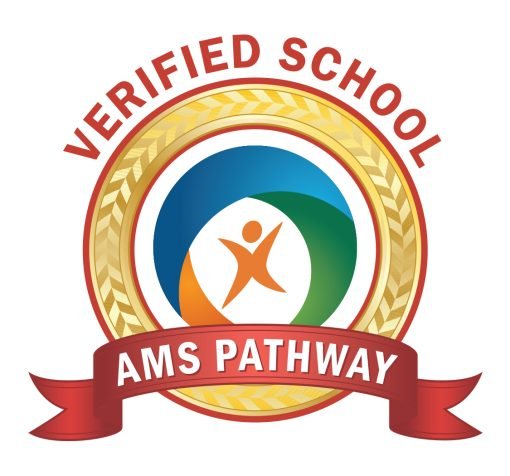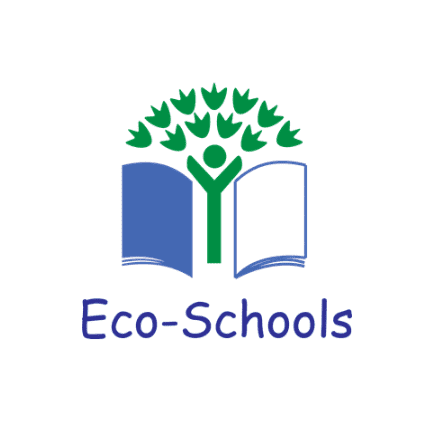Your child has just finished his three-year cycle in Early Childhood Education. Now he is on his way to a Montessori elementary classroom nearby for his next phase of Montessori education. There are several questions you may be asking yourself during the transition into a Montessori elementary school curriculum.
- How will the classroom environment be very different?
- How will my child adapt to the classroom transitions?
- Is my child ready for the Montessori elementary school curriculum?
- What do I need to know about Montessori lower elementary lesson plans?
All these are valid questions that, as parents, we ask ourselves when our child faces a new beginning. To embrace this new stage, it is important to understand the Montessori planes of development explained by Dr. Maria Montessori.
THE FIRST MONTESSORI PLANE OF DEVELOPMENT (0 - 6 YEARS): THE ABSORBENT MIND
- During the first plane of development, the child has what we refer to as an absorbent mind. He absorbs everything from his environment. There is no reasoning for what he is learning; he takes in everything!
- The child explores the world with his senses. He is not interested in how or why something came to be, he prefers to touch and feel the things that make up his world.
- Everything surrounding the child is absorbed. Access to fantasy and make-believe is very limited in this plane.
- Children work shoulder to shoulder with their other friends rather than “together”; they are not too social yet.
THE SECOND MONTESSORI PLANE OF DEVELOPMENT (6-12 YEARS): THE REASONING MIND
- The child develops the ability to distinguish fact from fiction and real-life from fantasy.
- The child takes what he has learned in the first plane and uses it more abstractly, and he is fascinated with the reasons behind the facts. He has an innate drive to understand and rationalize.
- This is the moment where children begin to ask the why behind everything!
- Children in this plane are very interested in morality, social justice, and right from wrong.
- The social aspect takes a different meaning, and children are ready to work together and collaborate with their friends rather than work alone in complete concentration.
TRANSITIONING TO THE NEW CLASSROOM ENVIRONMENT WITH MONTESSORI ELEMENTARY SCHOOL CURRICULUM
When transitioning into a Montessori elementary school curriculum, the first difference you will notice from the Early Childhood Classroom is the sound. It will sound louder than the Early Childhood environment. You will hear a healthy buzz, more like an office environment. You will see groups of children working together, maybe having an in-depth discussion about physics or chemistry. You may see children working individually and others solving a problem. However, the classroom environment does offer continuity from the Early Childhood classroom, with familiar routines and learning materials, but with a more complex way of learning and exploring.
MONTESSORI LOWER ELEMENTARY LESSON PLANS EXPLANED
During the first plane of development, the child has formed a personality within its cultural environment. In the second plane, the child now must form a “more strengthened” personality outside its cultural environment. The child is faced with the reality that he will begin to live in a social context with others in the world. Their interest in knowing the achievements of the human beings that came before them awakens. Cultural subjects like history are extremely important in this second plane of development, they plant a seed in the child’s brain allowing him to see the big picture. The child is led to a love of humanity and social development. As the child learns the origins of humanity, he will simultaneously learn how his actions affect others.
As for a child’s cognitive development in the second plane of development, there is a significant difference from the first plane. The consciousness of the child begins to form and will extend to the life outside his home, his classroom, and his immediate family circle. The child will begin to demand the reason for things and the why behind things. Second plane children want to understand for themselves and not simply accept what they have been told. For the child in the first plane, Montessori pedagogy will use a concrete approach, in the second plane the concrete approach will continue but towards abstract learning. In the first plane, the child’s concentration is fixed on an activity. In the second plane, it is fixed on finding.
As for the moral development in the second plane, the child will come with a personality already formed during the first plane. This personality focuses on the internal strengths of the child. In the second plane, he will enter a new phase where his personality will turn outward and develop a moral compass that will guide him in the social realm.
During this second plane, your child is ready to learn in a more abstract way. Your child is in a quest to know the reasons for things and will seek the company of others. He will enter a phase where he is more balanced and capable of orienting and valuing himself. And he will be equipped as a whole being for the adventure of Montessori elementary!





